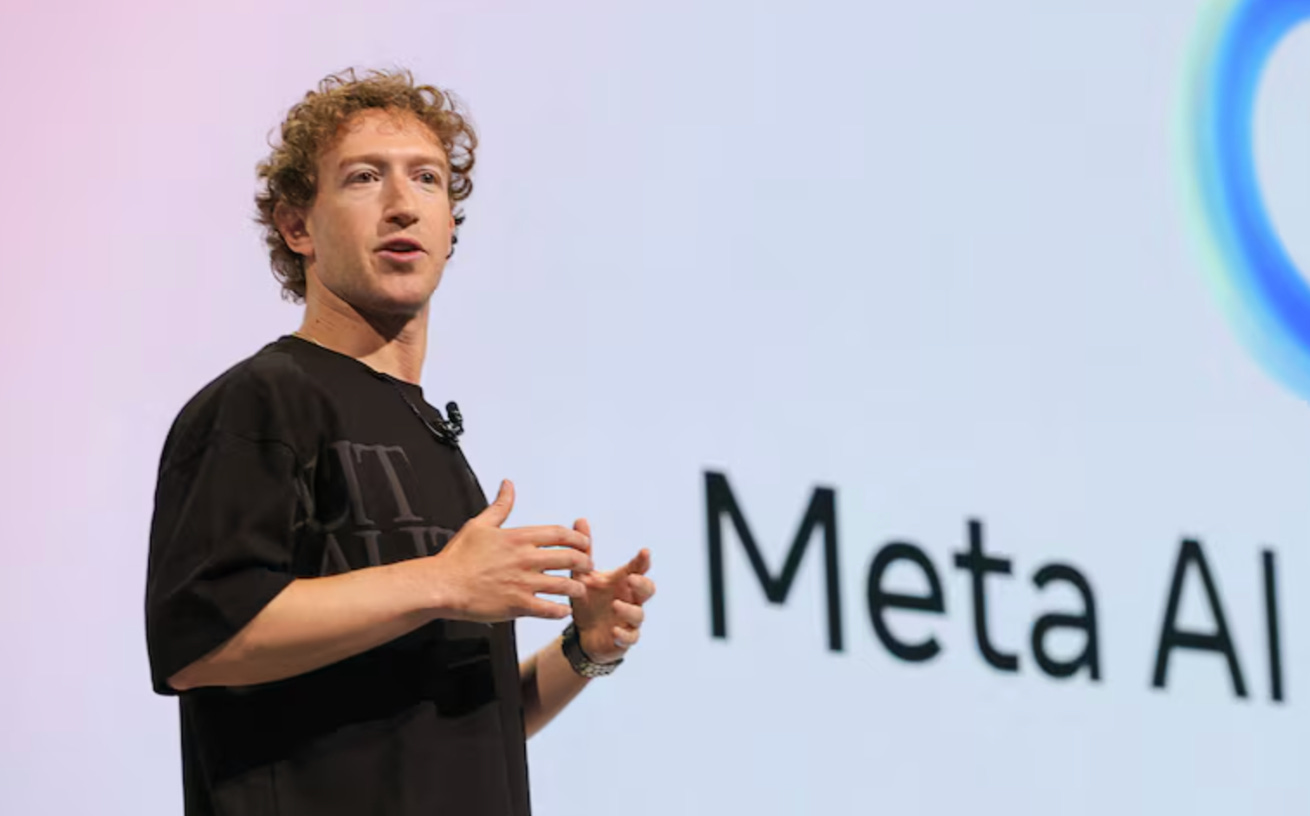Welcome to another edition of AI 101, where every Wednesday we bring you the biggest AI update of the week.
This Week’s Update: Meta Is Recruiting an AI Team To Build Superintelligence
On June 9th, Bloomberg reported that Meta is building a new AI research lab focused on developing “superintelligence,” an AI system that exceeds the capabilities of the human brain. Meta CEO Mark Zuckerberg is personally recruiting the new team and has reportedly offered compensation packages that range from seven to nine figures to dozens of researchers from companies like OpenAI and Google.
The new lab is also likely to include Scale AI co-founder and CEO Alexandr Wang. Meta, which is in talks to acquire a 49% stake in Scale AI for $15 billion, would also bring several other employees from the company to the new lab.
Why This Is Important
Since ChatGPT’s release in 2022, tech companies have scrambled to recruit AI talent, often offering staggering pay packages. Recently, Meta has lost employees to rival companies. The company’s Llama models have also fallen short of the most advanced offerings from competitors OpenAI and Google. This new “superintelligence” team is Zuckerberg’s attempt to take the lead in the AI race.
However, the feasibility of superintelligence in the near term is uncertain. Artificial general intelligence (AGI) describes AI that matches or surpasses human capabilities. Superintelligence, which exclusively describes agents that exceed human intelligence, is similar.
Executives at OpenAI, Google, and other AI companies have made AGI a goal, though their timelines have varied. In January, Sam Altman wrote, “We are now confident we know how to build AGI as we have traditionally understood it.” Google DeepMind CEO Demis Hassabis predicted in March that AGI will emerge in the next five to ten years. Elon Musk said AI would be “smarter than the smartest human” by the end of this year. By investing billions in talent, Meta aims to build AI that eclipses human abilities before its rivals.
Quick Hits:
On Monday, Apple announced an AI-powered live translation feature and “visual intelligence” for image recognition at its annual Worldwide Developers Conference (WWDC). Other promised AI features are still delayed.
The Wall Street Journal reported that Google search overviews and the rise of chatbots have led to drastic decreases in traffic for online publishers.
OpenAI said that it has reached $10 billion in annual recurring revenue, a $4.5 billion increase from last year.



